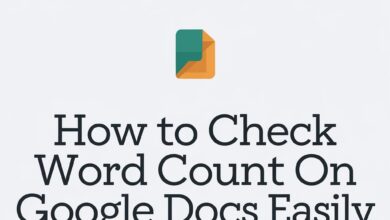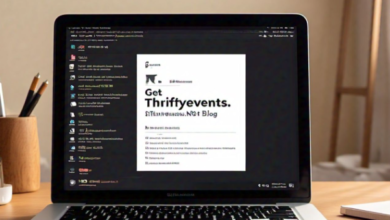10 Questions About Social Media Pressure: How to Navigate the Digital World with Confidence
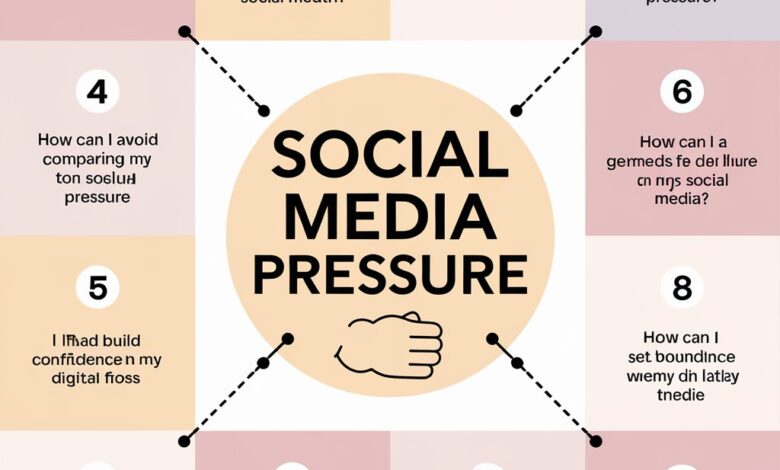
Social media pressure is real, and it’s something many of us feel every day. If you’ve ever found yourself comparing your life to others online, you’re not alone. In this post, we’ll answer the 10 questions about social media pressure and how it affects our lives. By the end, you’ll have a better understanding of how to deal with this pressure and feel more confident in your digital presence.
We all know social media can be a fun place to share moments, but it can also bring stress and expectations. Whether you’re trying to keep up with trends or feeling left out, social media pressure is something that many people face. These 10 questions about social media pressure will help you understand why it happens and what you can do to handle it better.
What Is Social Media Pressure and Why Does It Matter?
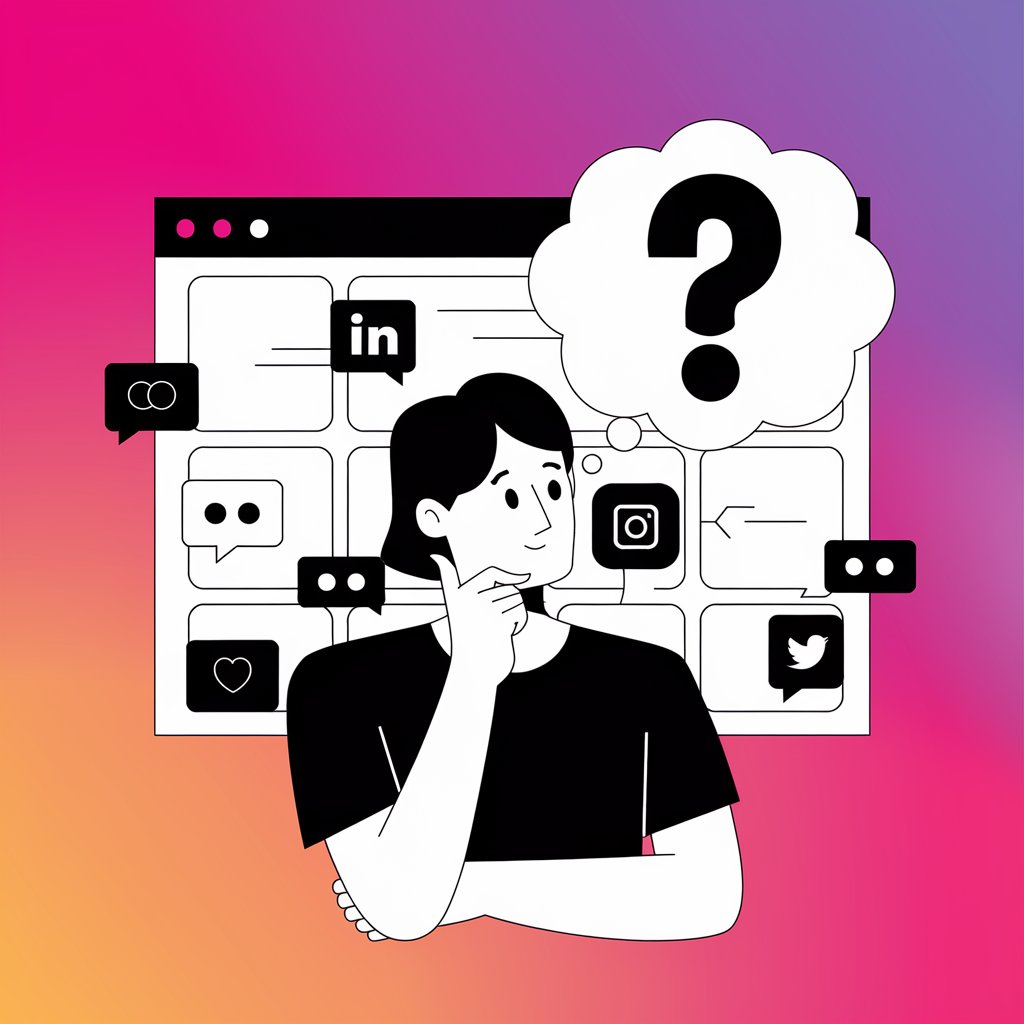
Social media pressure is the feeling of stress or anxiety caused by comparing yourself to others online. It can come from seeing others post perfect pictures, experiences, or achievements. When we see these images, we might feel like we’re not doing enough or not measuring up. Social media platforms make it easy for us to judge ourselves based on what others share, and this is where pressure starts to build.
This pressure can affect anyone who spends time online, regardless of age or background. People want to show the best version of themselves, but this often means hiding flaws or struggles. As a result, viewers may start thinking everyone has perfect lives, leading to feelings of inadequacy. Understanding the source of social media pressure is the first step toward dealing with it.
Social media pressure matters because it affects our mental health. Constantly trying to keep up with what we see online can make us feel overwhelmed. It’s easy to get caught up in the need for approval or validation from others. Recognizing this pressure helps us make healthier choices, like spending less time on platforms that cause stress.
How Can Social Media Pressure Impact Your Mental Health?
The constant comparison on social media can hurt our mental well-being. When we see others living what seems like a perfect life, we might feel anxious or depressed. These feelings come from thinking we need to be like the people we see online to be happy or successful. After some time, this can prompt low confidence and an absence of certainty.
Many studies show that too much social media use can cause feelings of loneliness. Even though social media is meant to connect us, it can have the opposite effect. Spending hours scrolling through posts can make us feel disconnected from real-life interactions. We might also become frustrated with ourselves for not measuring up to the online standards.
Enjoying reprieves from web-based entertainment can assist with diminishing the adverse consequences.By limiting screen time, we can focus more on our personal growth and real-life relationships. It’s important to remember that social media only shows part of the story, and comparing ourselves to it isn’t fair to ourselves.
10 Questions About Social Media Pressure You Should Ask Yourself
Reflecting on the pressure we feel online can help us understand it better. Asking yourself the right questions can help you realize how social media is affecting you. Here are a few significant inquiries to consider:
- How long do I spend via virtual entertainment day to day?
- Do I often compare my life to others online?
- How do I feel after scrolling through my social media feeds?
- Do I feel like I have to keep up with trends or appearances?
- Am I worried about what others think of my posts?
By asking these questions, you can identify how social media pressure impacts your life. Once you know, it’s easier to make changes to feel better. Whether it’s spending less time online or focusing more on your hobbies, small changes can help.
How to Stay Confident in a World Full of Social Media Pressure
Staying confident despite social media pressure can be tough, but it’s possible with the right mindset. One way to stay confident is by focusing on your real-life accomplishments. Instead of comparing yourself to others, remind yourself of your own strengths and achievements. Commend your advancement, even the little wins.
Setting boundaries is another way to protect your confidence. It’s okay to step away from social media if it’s making you feel bad.You have some control over how long you spend on the web. If you’re feeling down after seeing a post, take a break and focus on something that makes you happy.
Surrounding yourself with positive influences both online and offline can help you stay grounded. Follow people who inspire you in a healthy way, and engage with supportive communities. Keep in mind that social media is just a small part of life and doesn’t define who you are.
Is Social Media Pressure Different for Teens vs. Adults?
Social media pressure can affect both teens and adults, but in different ways. Teens are often at a stage in life where they are trying to figure out who they are and where they fit in. As a result, they may be more influenced by what they see on social media. Teenagers could feel forced to look a specific way or pursue directions to find a place with their friends.
Adults, on the other hand, face social media pressure in different aspects. They may feel the need to present a perfect family life, career, or personal image. Adults often face pressure to keep up with work and family while also managing online expectations. The difference is that adults tend to have more life experience, but the pressure still exists.
Both teens and adults need to recognize social media’s impact and find ways to deal with it. Setting boundaries, being mindful of what we post, and taking breaks can help both groups manage the pressure they feel. It’s important to understand that social media doesn’t define your worth, regardless of your age.
How to Set Healthy Boundaries on Social Media
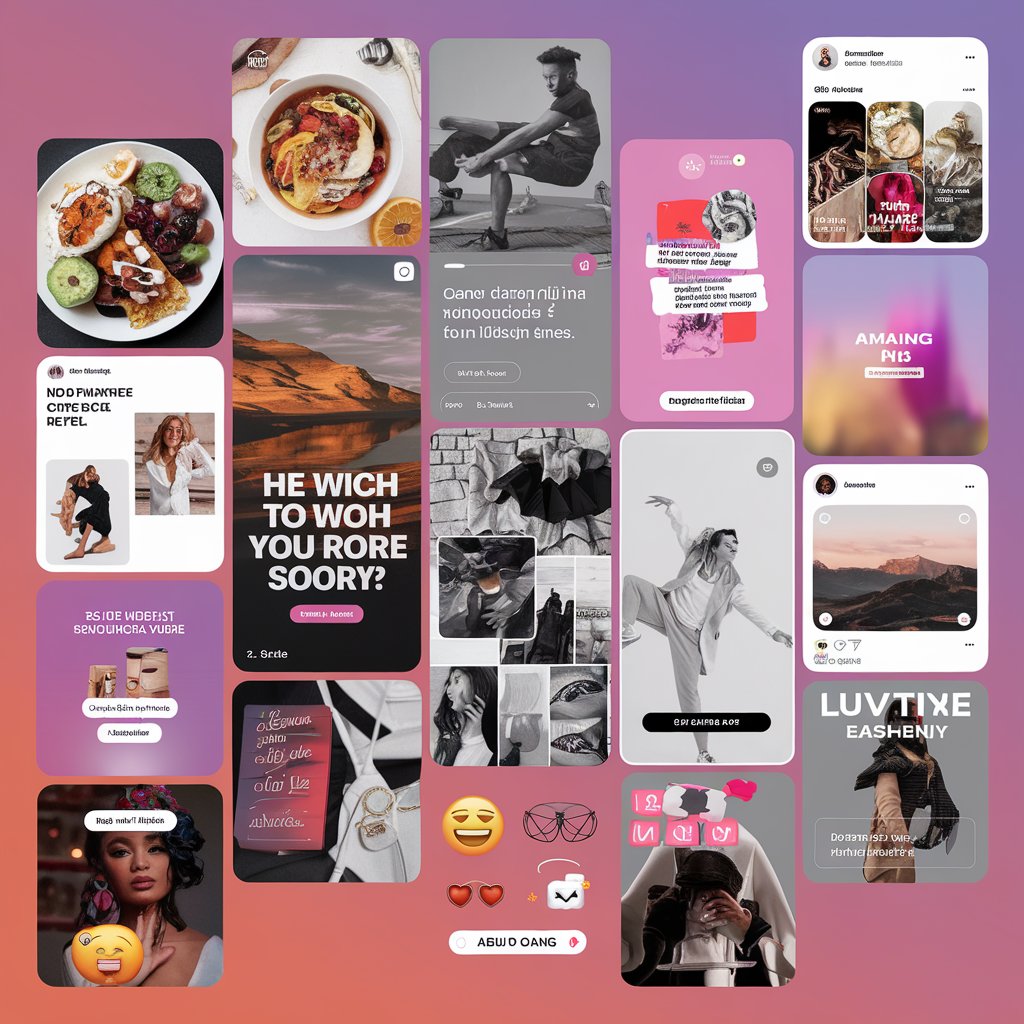
Defining sound limits via online entertainment is significant for psychological wellness. The first step is deciding how much time you want to spend online. An excess of screen time can prompt burnout and stress. You can set daily or weekly limits for yourself to make sure you’re not spending too much time on platforms that cause pressure.
Another important boundary is deciding what you will and won’t engage with. Assuming specific records or kinds of content cause you to feel terrible, unfollow or quiet them. Surround yourself with positivity and support. It’s also important to set a boundary on how much of your life you want to share. Not everything needs to be posted online—sometimes keeping things private is healthier.
Creating a balance between social media and offline activities can help reduce pressure. Spend time with friends and family, focus on hobbies, and enjoy activities that make you feel good. Healthy boundaries let you enjoy social media without feeling overwhelmed.
Why Does Everyone Look Perfect on Social Media?
On social media, people often share the best parts of their lives. This can make it seem like everyone is living a perfect life. But the truth is, many people edit their photos and post only what looks good. This creates unrealistic expectations for others who compare their lives to these “perfect” images.
The pressure to look perfect on social media can cause stress. People may feel like they need to have flawless skin, the latest clothes, or the perfect vacation to be liked. Nonetheless, it’s memorable’s critical that what you see online isn’t the entire story. No one’s life is perfect, even though it may seem that way at first glance.
Understanding that social media doesn’t show the full picture can help reduce the pressure. Focus on your own life and what makes you happy, rather than comparing yourself to others. Everybody has battles, and being perfect is OK not.
How Can Social Media Pressure Affect Your Career?
Social media pressure doesn’t just affect your personal life—it can also impact your professional life. Many people feel the need to project a certain image of success online, especially on platforms like LinkedIn. This can lead to stress, as they try to maintain a perfect work-life balance while juggling online expectations.
Too much pressure to look successful online can also hurt productivity. If you’re spending too much time worrying about your social media presence, it can take away from the focus needed for actual work. Social media pressure can lead to burnout and decreased motivation in your career.
To manage this, it’s important to keep your professional and personal lives separate. Set boundaries on when and how you use social media for work purposes. This will help reduce the pressure and allow you to focus on your career without feeling overwhelmed.
Can Social Media Pressure Be Positive? Understanding Its Benefits
While social media pressure can be stressful, it also has its positive side. Social media can motivate us to achieve goals and stay inspired. Many people share personal stories of success, fitness, or creativity, which can encourage others to follow their passions. When used in a healthy way, social media can be a great source of support and inspiration.
It’s likewise a stage for learning and self-improvement. Many influencers and experts share valuable information about health, career, and hobbies. By following the right people and accounts, you can gain knowledge and discover new opportunities. This positive aspect of social media can help reduce the negative pressure and inspire action.
To benefit from social media pressure, focus on the things that inspire you. Surround yourself with positive content that motivates you to grow, learn, and improve your life. Social media doesn’t have to be a source of stress if you use it wisely.
10 Ways to Handle Social Media Pressure Like a Pro
Dealing with social media pressure requires a mix of self-awareness and strategies. Here are 10 ways to handle social media pressure like a pro:
- Limit screen time to avoid burnout.
- Follow accounts that inspire and uplift you.
- Unfollow toxic or negative profiles.
- Set boundaries on how much personal information you share.
- Recollect that what you see online isn’t the full picture.
- Focus on your own goals and growth, not comparisons.
- Take breaks from social media to refresh.
- Talk to others about your feelings if the pressure gets too much.
- Keep offline hobbies that make you feel good.
- Be caring to yourself and don’t anticipate flawlessness.
By using these strategies, you can enjoy social media without the pressure. Everything unquestionably revolves around tracking down balance and remaining consistent with yourself. Web-based entertainment ought to upgrade your life, not cause pressure.
Conclusion
Social media pressure is something many people experience, but it doesn’t have to control your life. By understanding the impact it has on our mental health and using strategies to manage it, we can enjoy social media without feeling overwhelmed. Remember to set healthy boundaries, focus on what makes you happy, and don’t compare yourself to others.
Taking breaks from social media, being mindful of what you share, and surrounding yourself with positive influences can help reduce pressure. Social media can be a fun and helpful tool if used in a healthy way. So, take care of yourself, and don’t let social media define your worth.
FAQs
Q: What is social media pressure?
A: Social media pressure is the stress you feel from comparing your life to others online, especially when everyone seems to have a perfect life.
Q: How can social media pressure affect mental health?
A: It can make you feel anxious, depressed, or insecure because of constant comparisons and unrealistic expectations.
Q: Can social media pressure affect my career?
A: Yes, social media pressure can lead to stress about your image and achievements, which may affect your focus and productivity at work.
Q: How can I reduce social media pressure?
A: Set time limits, unfollow negative accounts, focus on real-life accomplishments, and take breaks from social media to refresh your mind.
Q: Is social media pressure the same for everyone?
A: No, it can affect people differently depending on their age, background, and how they use social media.

